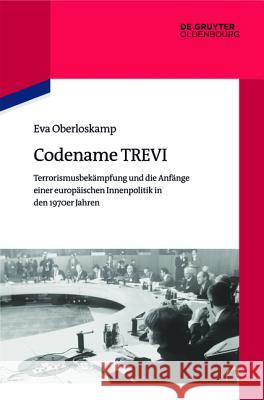Codename TREVI » książka
topmenu
Codename TREVI
ISBN-13: 9783486764208 / Niemiecki / Twarda / 2016 / 323 str.
Kategorie BISAC:
Wydawca:
Walter de Gruyter
Seria wydawnicza:
Język:
Niemiecki
ISBN-13:
9783486764208
Rok wydania:
2016
Dostępne języki:
Niemiecki
Ilość stron:
323
Waga:
0.68 kg
Wymiary:
23.423.4 x 15.623.4 x 15.6 x 2
Oprawa:
Twarda
Wolumenów:
01











